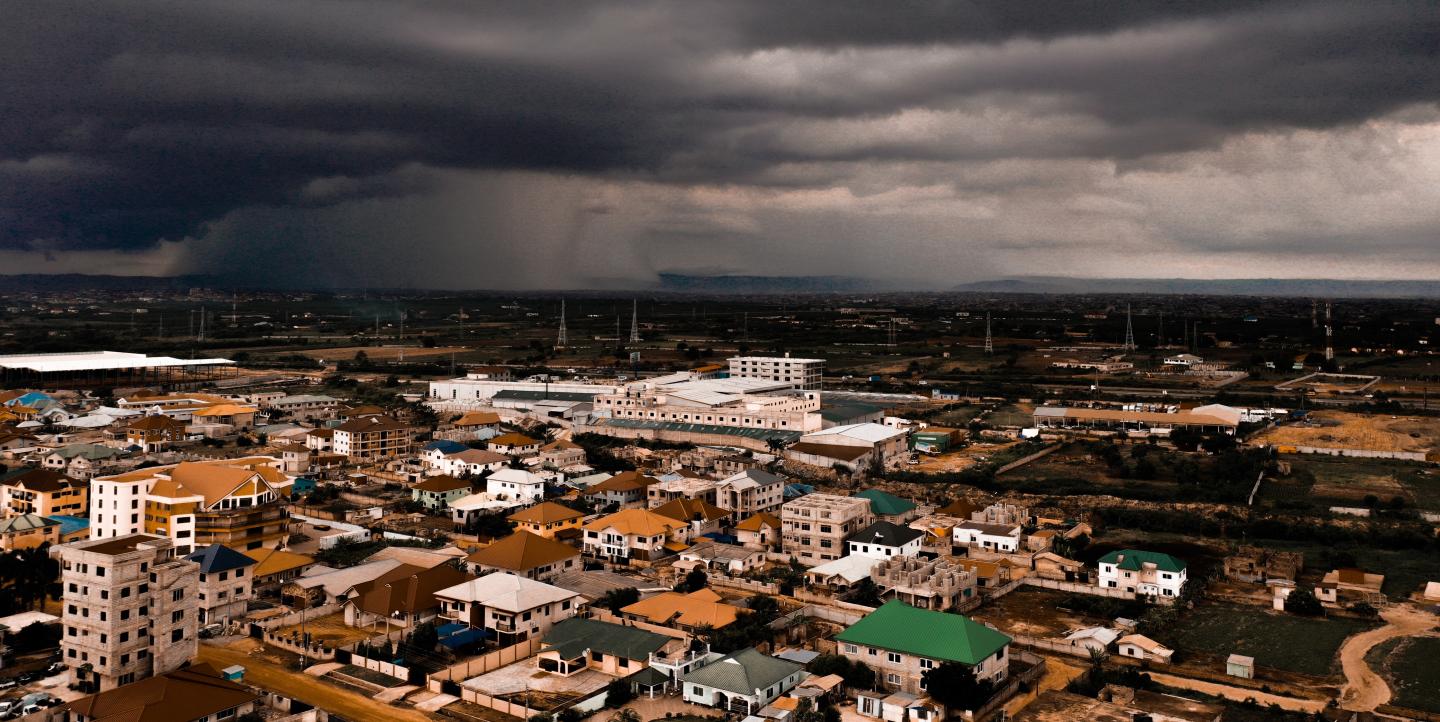Corruption has been a major impediment to economic growth, good governance and social development in countries around the world. Unfortunately, it often goes unreported.
In Africa, corrupt politicians, business leaders and other powerful figures have intimidated journalists and attempted to undermine their professional credibility — especially when they’ve reported on issues like politically motivated killings, violence against minority groups, extremism and more. These pressures can make journalists feel the need to omit relevant facts and information when reporting these stories, for fear of exposing themselves to attacks.
Take the case of Nigerian investigative journalist Elijah Akoji, for instance. After he reported on how a former speaker of the House of Representatives in Nigeria, Yakubu Dogara, squandered 1 billion naira meant for school projects in his constituency of Bauchi, Dogara sued the outlet, demanding 2 billion naira for damages. “He even sent thugs to attack me and my publisher, insisting that we must drop the story, but we escaped,” said Akoji.
Threats and violence against journalists work to undermine the media’s watchdog role in society, and can cause the public to lose confidence in critical reporting. In the face of these challenges, journalists’ accountability reporting has become ever more vital.
“There have been stories of how journalists have been arrested, detained and sometimes tortured, and nothing happens,” said investigative journalist Manasseh Azure. “In Ghana, we had the killing of a journalist in 2019 after he was openly threatened by a leading member of the governing party, and nothing has come out of the case yet.”
Azure was referring to Ahmed Hussein-Suale, an undercover reporter murdered in Madina, a suburb of the nation’s capital, Accra, one day as he was driving home.
Taking action
Hoping to change this reality, in March 2021, the Media Foundation for West Africa (MFWA) launched The Fourth Estate, an independent, nonprofit public interest and accountability journalism project in Ghana that strives to revive reporting that holds the powerful to account, enhances public sector transparency, and amplifies marginalized voices and issues.
“It is a response to state actors’ ever-tightening noose around the neck of critical journalism, which robs them of the freedom to freely carry out their watchdog role,” said Azure, the outlet’s editor-in-chief.
Eight journalists run The Fourth Estate today, running a Youtube Channel in addition to its website. The team works under the guidance of an editorial board, which consists of experienced and accomplished former reporters, editors and academics, as well as a lawyer that reviews all articles before they are published.
Stories leading to change
In the past year, the Fourth Estate has produced impactful stories on corruption, human rights, the environment and health.
One investigation titled “The licensed sex predator” revealed how a licensed health practitioner in Accra, Ghana used his facility to sexually assault female patients. The article resulted in the practitioner’s arrest, and he is currently facing prosecution. In 2021, the Global Investigative Journalism Network named the piece one of its top 10 investigative stories from Sub-Saharan Africa.
The Fourth Estate also exposed how the Ghanaian government wasted public resources to combat the pandemic, and how a lack of proper care in the country resulted in a higher number of COVID-19-related deaths.
Adwoa Adobea-Owusu wrote a comprehensive story on fraudulent activities in some COVID-19 test labs, including at the health facility inside Ghana’s presidential villa. The story, which looked at how staff at these labs issued falsified COVID-19 test certificates, motivated the ruling administration to order an investigation into the issue. The outlet also investigated acts of bribery at Ghana’s Food and Drugs Authority, which led the agency to dismiss its head of legal services, Cynthia Dapaah-Ntow.
An environmental story written by Edwin Appiah and Clement Edward drew attention to how sea erosion is destroying some coastal communities in Ghana. Other stories looked into the illegal exporting of banned timber species and how unregulated siting of buildings up the hills along the Accra-Aburi highway could lead to environmental degradation and vegetation loss.
Right to Information
Still a young outlet, The Fourth Estate has also demonstrated how journalism can help advance public sector transparency and accountability, through the utilization of Right to Information (RTI) legislation.
“In the first five months of our operation — March to July, 2021 — we filed 36 RTI requests to 33 public institutions and 11 petitions before the RTI Commission, against state institutions that had refused or failed to grant [access to] requested information, and those that were demanding fees deemed too high or illegitimate,” said Azure.
In the past year, The Fourth Estate has established itself as one of Ghana’s most trusted news sources and proven that journalism can truly serve the public interest, and hold the powerful to account.
“More of these kinds of journalism projects may be what will help revitalize quality watchdog journalism in Africa to inspire hope and trust in the media; and to reinforce the indispensable role of the media in the democratic development of African countries,” said Azure.
Photo by Etornam Ahiator on Unsplash

